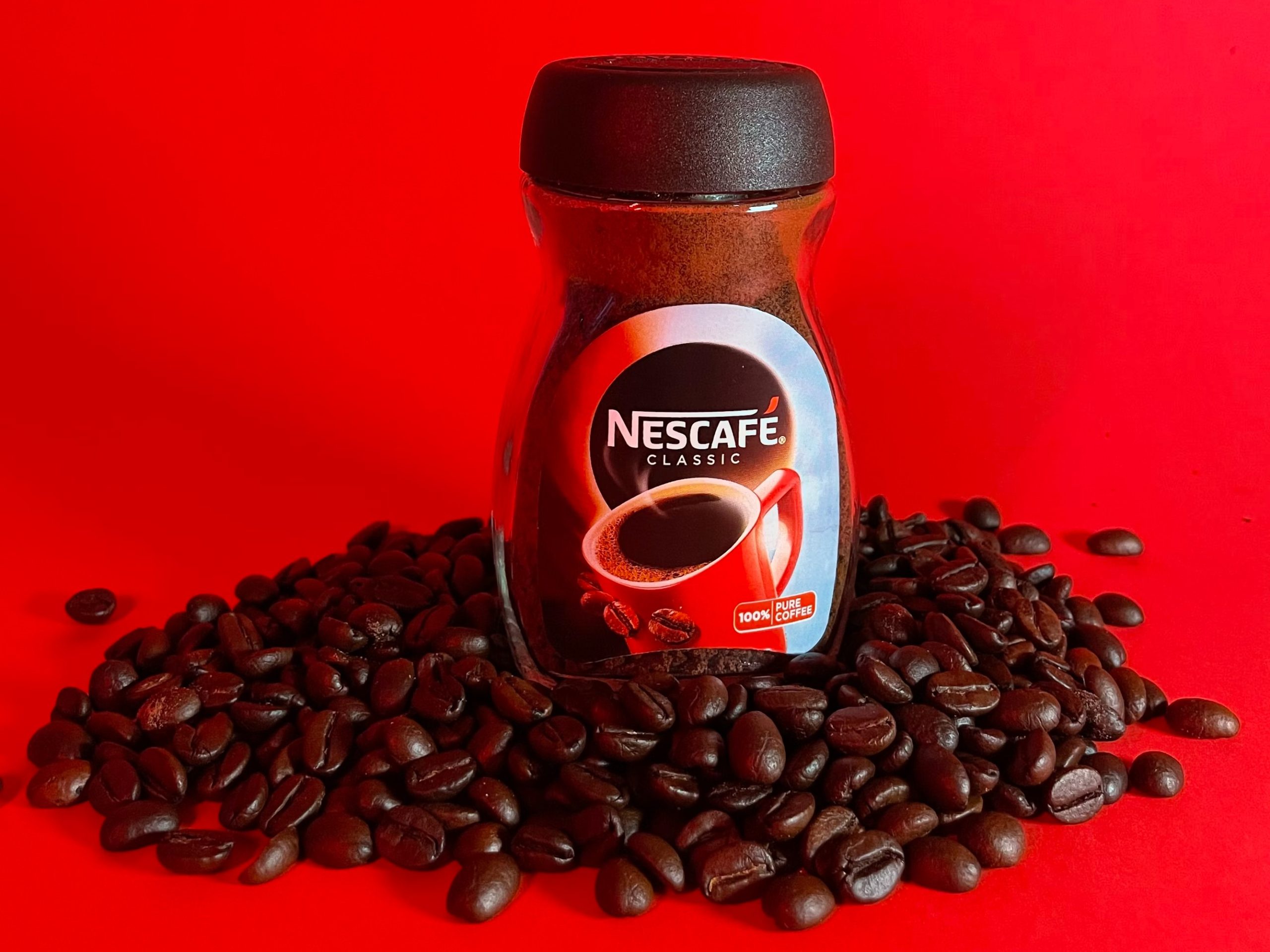Nestlé India Ltd. has revealed its financial results for the March quarter, showcasing a mixed performance. While the company’s margins exceeded analyst expectations, it fell short of revenue and profit targets, sparking varied reactions from brokerages. Despite signs of gradual improvement in volume growth and margin stability, concerns about high valuations linger in the air.
Financial Highlights for Nestlé India
In the fourth quarter, Nestlé India reported a 4% year-over-year revenue increase, aligning with market forecasts. The company’s EBITDA margins were a pleasant surprise, bolstered by a reduction in operating expenses. However, earnings per share (EPS) figures struggled to meet street expectations, primarily due to heightened tax obligations.
Brokerages Weigh In on Nestlé’s Performance
Brokerages are divided on their perspectives regarding Nestlé’s stock, focusing on several crucial themes:
- Margin Support: Stabilization in input costs, particularly for cocoa and edible oils.
- Inflation Trends: Persistent inflation in coffee and dairy products.
- Valuation Concerns: A cautious approach towards lofty valuations amid softening volume growth.
Jefferies: Hold Rating with Target Price of ₹2,350
Jefferies noted a slight miss in both revenue and EBITDA, despite the healthy margins achieved through reduced costs. The firm has revised its EPS projections downward by 3% due to sluggish volume growth and a lack of positive catalysts. They highlighted that beverages and confectionery experienced double-digit growth primarily due to price increases, while the nutrition segment continued to weigh down performance.
Macquarie: Neutral Rating with Target Price of ₹2,375
According to Macquarie, the quarter delivered a margin surprise with EBITDA exceeding estimates by 6%. They attributed this positive outcome to reduced marketing expenditures but expressed skepticism about its sustainability. Although beverages and confectionery showed robust performance, weaknesses in milk products and volume momentum raised red flags.
JPMorgan: Overweight Rating with Target Price of ₹2,450
JPMorgan described the results as better than anticipated, particularly regarding margins. They noted steady revenue growth and an improved distribution strategy, which is encouraging for e-commerce and quick commerce channels. The firm anticipates further margin improvements as input prices for cocoa and edible oils decline, although dairy and coffee prices remain a challenge.
Nuvama: Buy Rating with Target Price of ₹2,825
Nuvama maintained a bullish outlook, acknowledging that revenue and EBITDA growth were in line for the quarter. However, they adjusted EPS estimates down by up to 5% due to ongoing cost inflation and significant depreciation from capital investments. They expect a recovery in urban demand by the latter half of the 2026 financial year, with positive signs in the Maggi brand and pet care segment.
Competitors and Market Movements
Emkay holds a Reduce rating with a target of ₹2,300, citing demand challenges across a significant portion of Nestlé’s product range. Investec has downgraded the stock to Sell, albeit with a slightly increased target price, expressing concerns about high valuations that do not reflect the company’s growth trajectory.
Nirmal Bang remains cautiously optimistic, maintaining a Hold rating with a target of ₹2,415, emphasizing the long-term potential in India’s packaged food sector despite current expensive valuations.
As of the latest trading session, Nestlé India shares were down 1.27% to ₹2,402.20, compared to a 1.43% decline in the Nifty 50 index. The FMCG index also reflected a 1.48% drop, indicating broader market trends that investors should monitor closely.
Conclusion
Nestlé India Ltd. has presented a mixed bag of results this quarter, with positive margins overshadowed by revenue and profit misses. As analysts and investors dissect the numbers, the focus will remain on how the company navigates ongoing challenges in input costs and market demand, making it a key player to watch in the fast-moving consumer goods sector.











